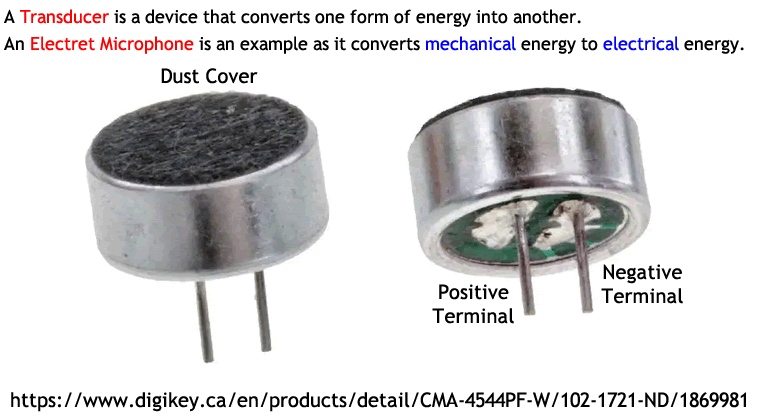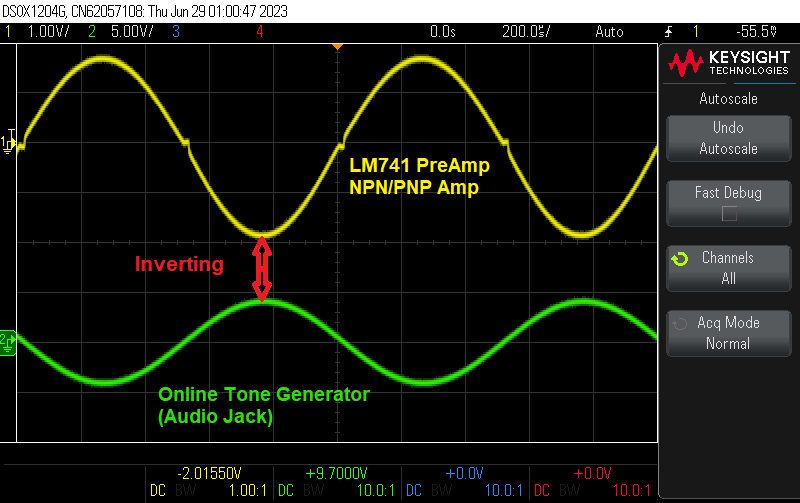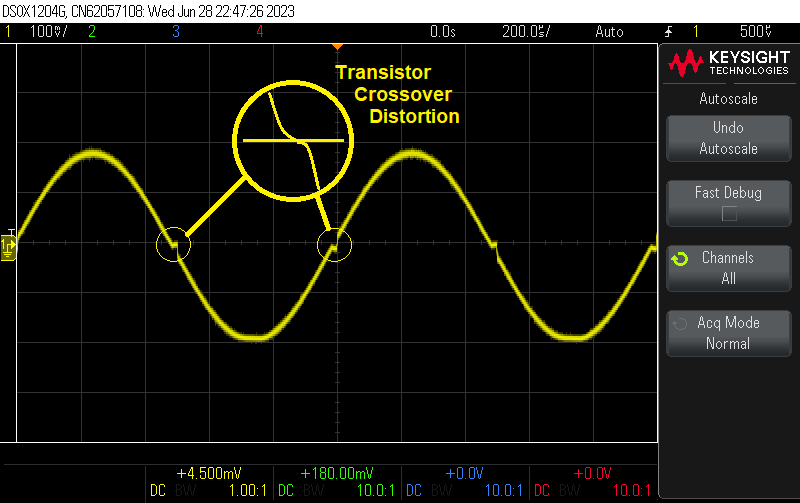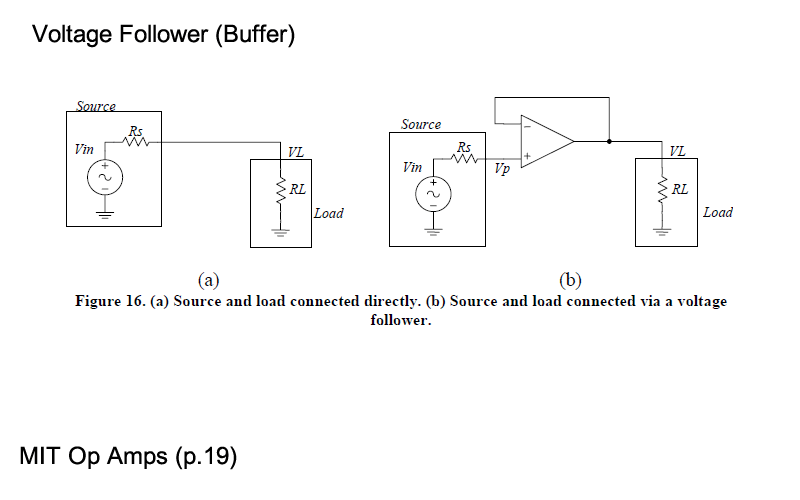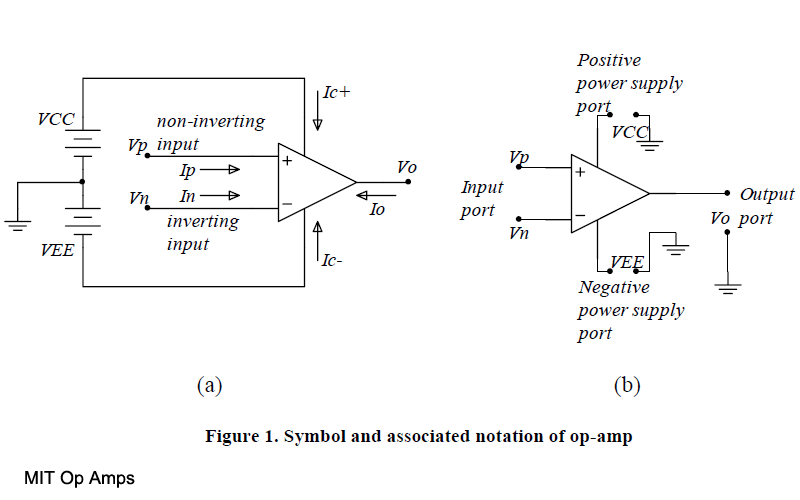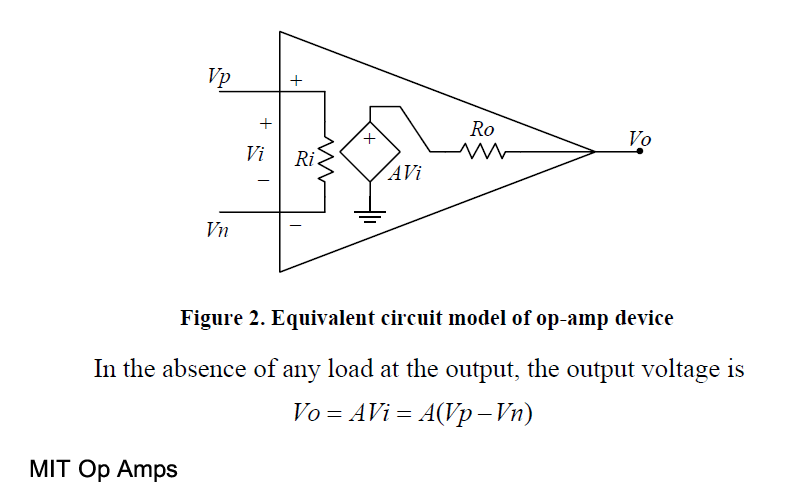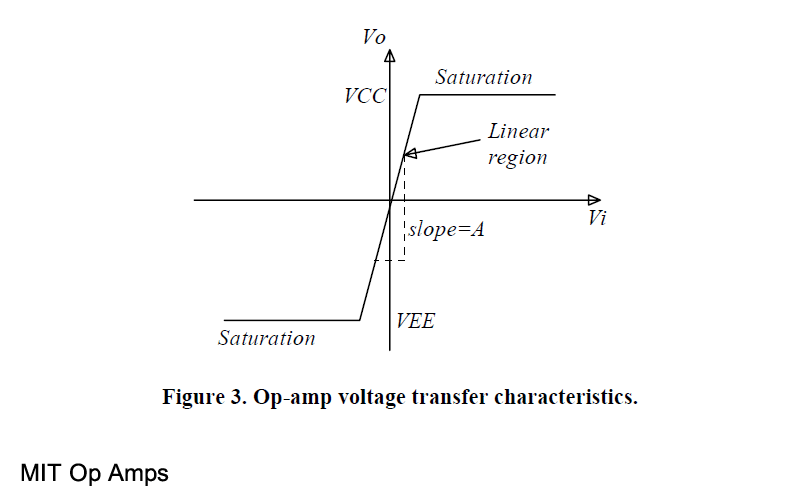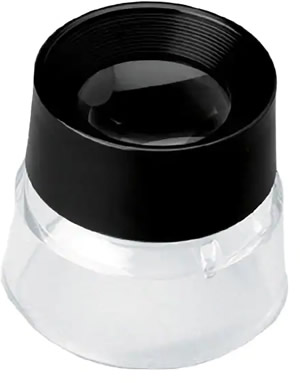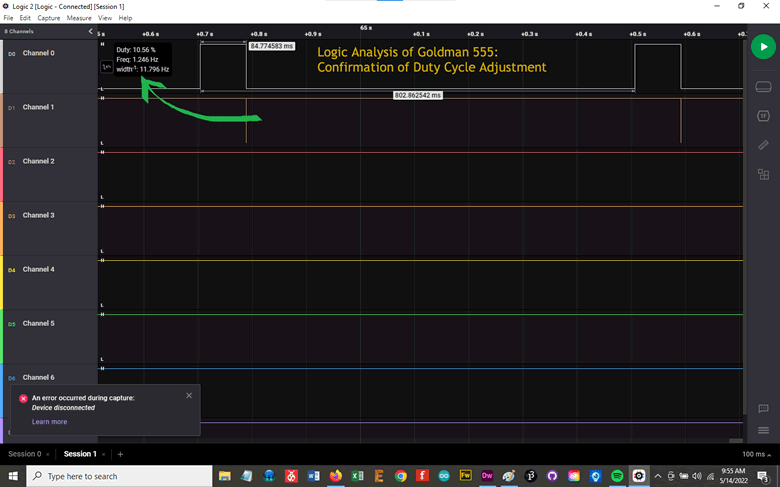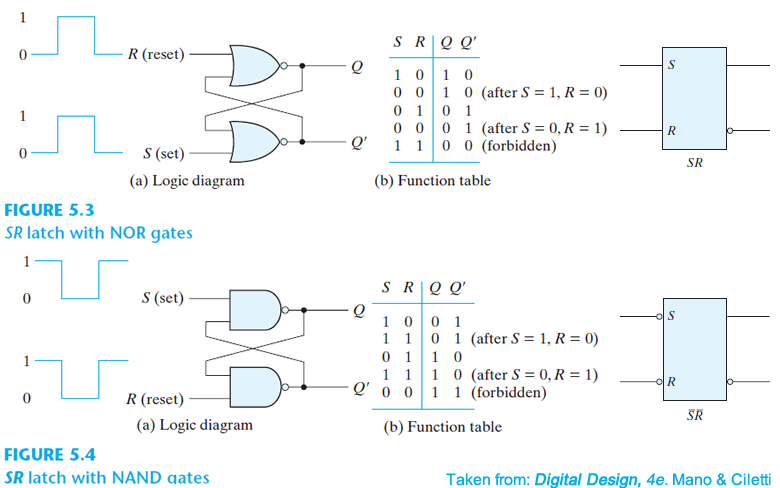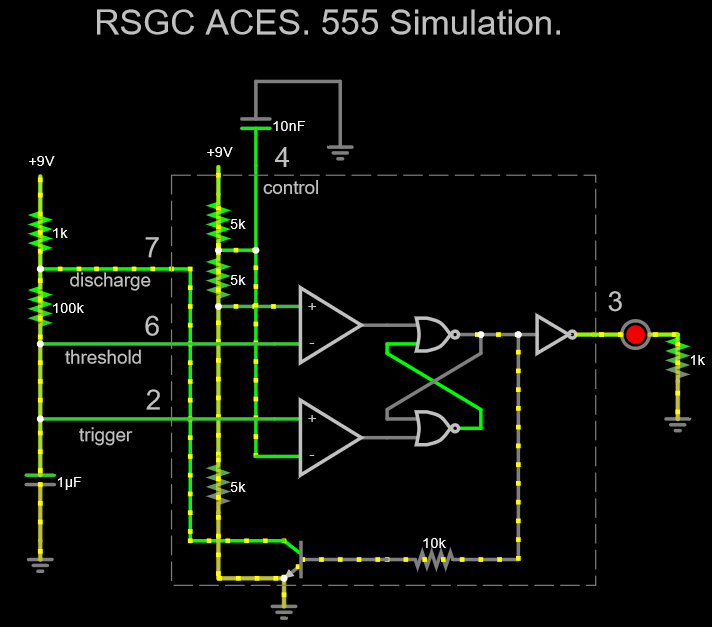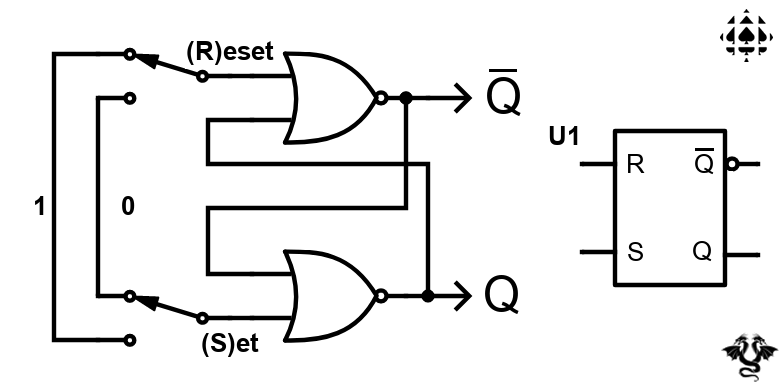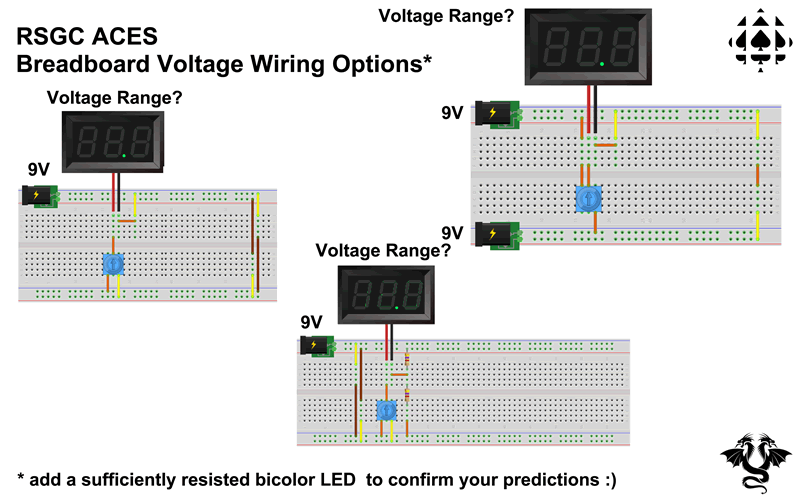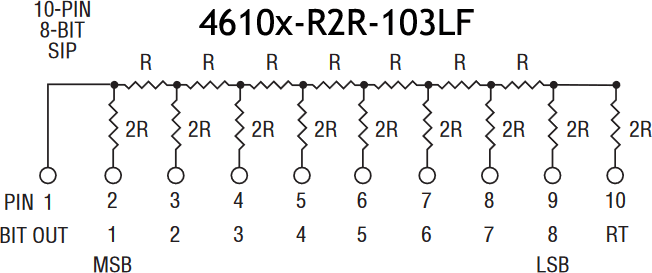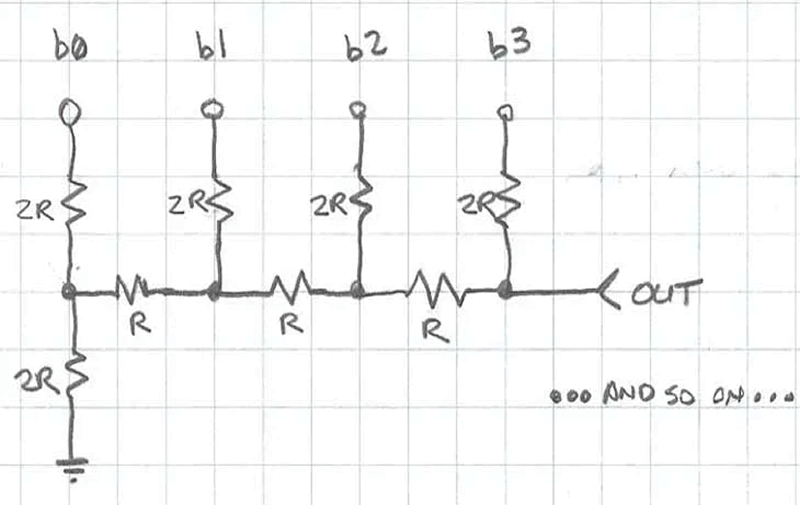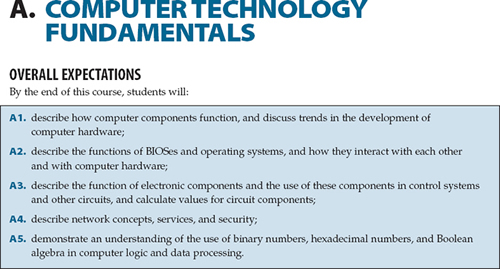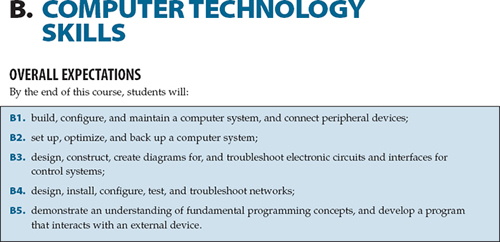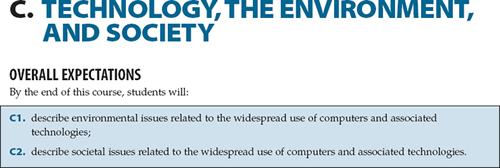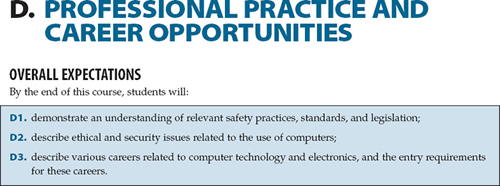

UNIT 10.
UNIT 8.
??
Dec ?
Dec ?
Audio Amplification (LM741, LM386)
UNIT 5. LEDs (Nano Coding Companion, Shift Registers)
UNIT 4. Arduino: Analog/Digital
14
Oct ?
Oct ?
Applications
Comparator, Voltage Follower (Buffer)
Comparator, Voltage Follower (Buffer)
13
Oct ?
Oct ?
Fundamental Charcteristics of (Ideal) Op Amps
 Op Amps: MIT
Op Amps: MIT
UNIT 3. Memory Fundamentals (Latches, Flip Flops, Shift Registers)
12
Oct ?
Oct ?
1-Bit Memory
The Gated SR Latch
The Gated SR Latch
UNIT 2. The 555 Time Machine (Op Amp as Comparator, SR Latch)
11
Oct ??
Oct ??
The #1 Soft Skill ?
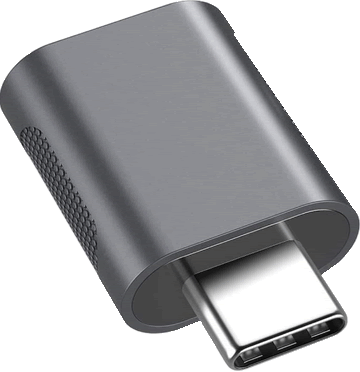
Feedback: The 555 Time Machine
Review: Formatting SI Units
Confirm before Distributing:
Nonda USB-C to USB 3.0 Adapter
UNO/Nano Basics: ATmega328P
Breakouts, Blink, Bootloaders, Breadboards
Review: Formatting SI Units
Confirm before Distributing:
Nonda USB-C to USB 3.0 Adapter
UNO/Nano Basics: ATmega328P
Breakouts, Blink, Bootloaders, Breadboards
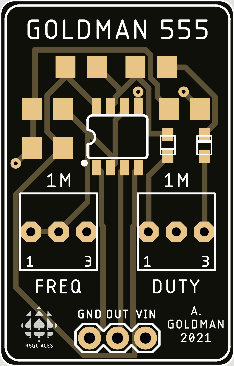
??, ??, ??, ??, ??,
??, ??, ??, ??,
??, ??, ??, ??,
??, ??, ??, ??
9
Oct ??
Oct ??
The Driver of Success?
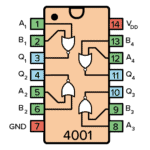

8
Sep 29
Sep 29
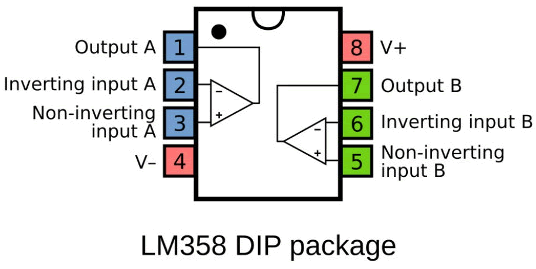
(Dual) OpAmp
The 555 Time Machine
Op Amp as Comparator
(Open-Loop Design)
 EEVlog: Op Amp Tutorial
EEVlog: Op Amp Tutorial
(At least the first 7 min; ideally more)
( Check out his T-shirt! :)
ACES' Frame Player: Op Amps
Top 10 Op Amp Circuits
Op Amp as Comparator
(Open-Loop Design)
(At least the first 7 min; ideally more)
( Check out his T-shirt! :)
ACES' Frame Player: Op Amps
Top 10 Op Amp Circuits
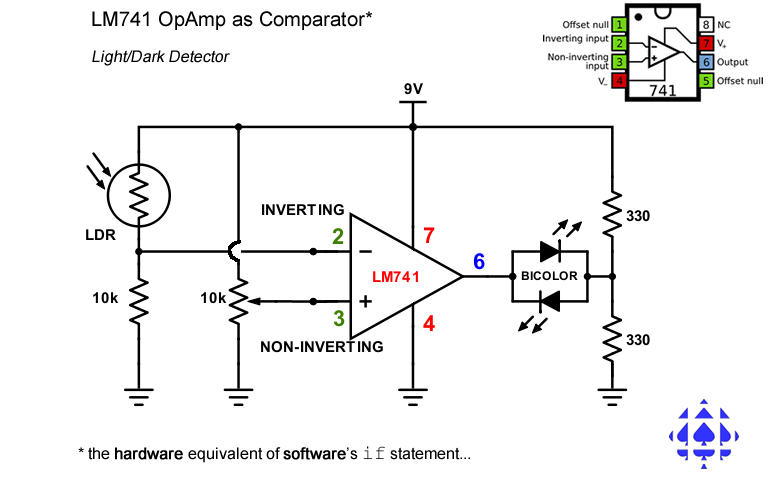
556 (DUAL!) Timer IC:
7
Sep 27
Sep 27
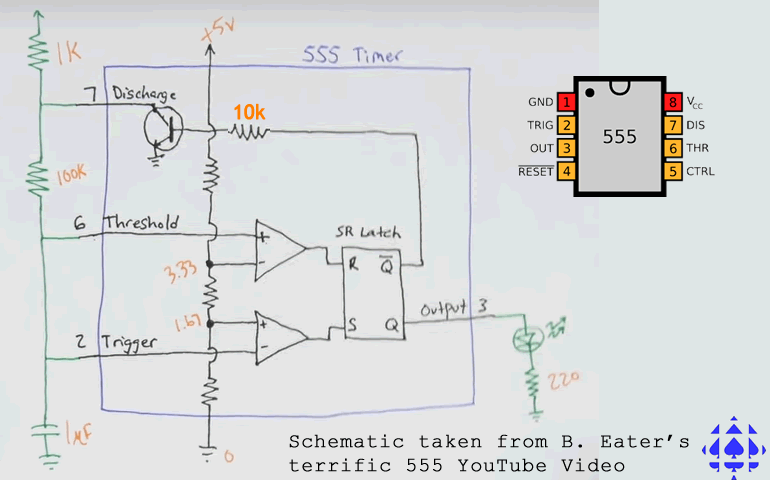
Falstad Simulations:
555 Square Wave
555 with Internals
(Use with your SPAP Cable)
Software Download
Recall the 4017...
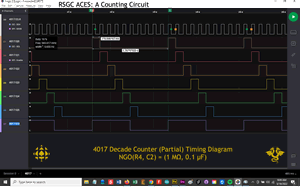
Now, the 555...
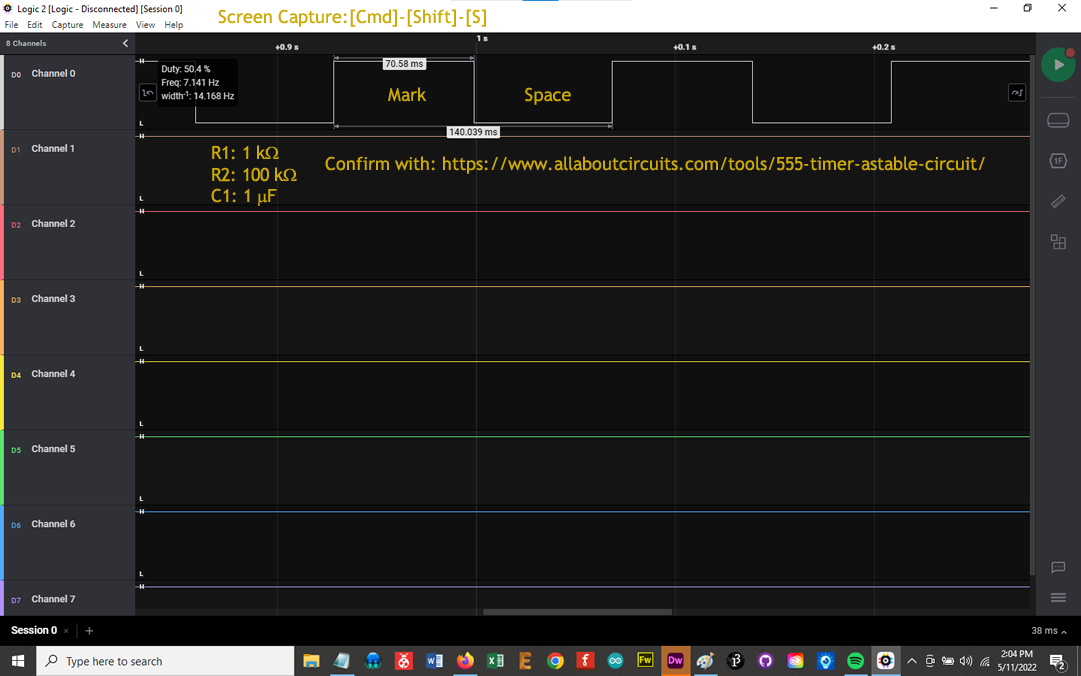
6
Sep 25
Sep 25
EC: The 74 Series Logic ICs
(5V!)
1-Bit Memory
The Set/Reset (SR) Latch
74HC02 NOR (Active HIGH)
74HC00 NAND (Active LOW)
1-Bit Memory
The Set/Reset (SR) Latch
74HC02 NOR (Active HIGH)
74HC00 NAND (Active LOW)
UNIT 1. Digital to Analog Conversion (DAC): R/2R Ladder
5
Sep 20
Sep 20
4
Sep 18
Sep 18
3
Sep 14
Sep 14
2
Sep 12
Sep 12
Quick Review of Button/Switch Prototyping
(Momentary PB, SPST Slide Switch, DIP Rocker Switch Bank)
Digital to Analog Conversion (DAC):
R/2R Resistor Ladder
Must Watch (Very Creative Presentation)...
 Basics of R2R Ladder DAC
Basics of R2R Ladder DAC
New Circuit Analysis Concepts
worth doing some research into for uni :
Thevenin Equivalent Circuits
and
Superposition Principle
(Momentary PB, SPST Slide Switch, DIP Rocker Switch Bank)
Digital to Analog Conversion (DAC):
R/2R Resistor Ladder
Must Watch (Very Creative Presentation)...
New Circuit Analysis Concepts
worth doing some research into for uni :
Thevenin Equivalent Circuits
and
Superposition Principle
1
Sep 8
Sep 8
Borrow/Buy
Used G10 Kit!



5V!
